Democratic Republic Of Congo
The Democratic Republic of the Congo’s influential Catholic Church has urged politicians to renegotiate a deal struck this month to ensure a presidential election is held next year.
They also want President Joseph Kabila forbidden from standing for a third term.
In a country where more than 40 percent of Congolese identify as Catholics and where confidence in other institutions is weak, the Congolese church has long been regarded as a moral compass.
DRC ruling coalition and part of the opposition have agreed to delay the vote from this November to April 2018, citing logistical and budgetary difficulties enrolling millions of voters.
But the vast central African country’s main opposition bloc has denounced the accord.
“In regards to the major (political) differences that we currently face, the bishops have deemed it necessary and urgent to call on all parties involved to come together, when convenient, to address these differences in the interest of the country,” said member of the National Episcopal Conference of Congo Abbot Donatien Shole.
Opponents say the new deal leaves room for Kabila to change the constitution so that he can run again,, but the government denies these accusations.
“The final provision of the agreement is that all the other parties that did not participate can at any moment, come and join us and sign the agreement,” said ruling majority spokesperson, Alain Atundu.
Opposition leaders have promised further protests to oust Kabila from power, raising fears of a return to widespread violence in a country where millions have died in civil conflicts since the 1990s and rebel groups continue to wreak anarchy in the eastern regions.
“Why does the ruling majority support this agreement? It’s precisely because it was signed to benefit the ruling majority, as they continue to violate the constitution, as long as there is power sharing. Whereas for us, and the rest of the country,” said Hemery Okunju, national deputy for opposition party.
According to a recent pool conducted, over 81 percent of the respondents oppose changing the constitution to allow Kabila to stand for a third term.
Seventy-four percent say he should leave office this year.
In the capital Kinshasa, opinions are mixed on the merits of the recent agreement between the ruling majority and opposition.
“What guarantees do we have that since this agreement was signed that the people from the ruling majority will no longer come up with other methods to try and change the constitution, especially in regards to the referendum? What assures us that this agreement will be respected?” said one resident Senga Chretien.
Congo has never experienced a peaceful transition of power and analysts fear that the impasse over Kabila’s plans to stay on will lead to widespread bloodletting, especially with the exclusion of key opposition members.
“We did not get the results that we hoped for in this agreement, meaning that in order to have national cohesion and end the political crisis that the ruling majority has created, the artificial crisis that they have created, I think we need to adopt the language of the Catholic church and call for a more inclusive dialogue,” said political analyst, Daniel Safu.
On Wednesday (October 26) Kabila attended a regional summit in Angola, which is aimed at winning the support for this month’s deal between the opposition and government, under which a power-sharing government is to be named.





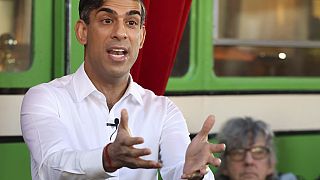
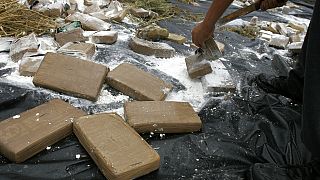
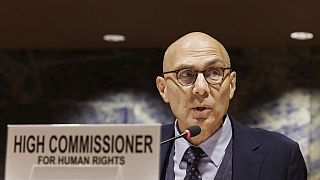
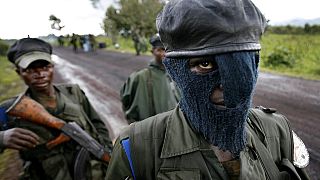
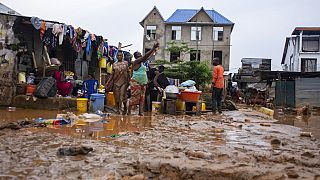
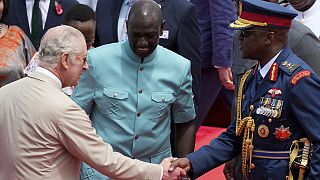
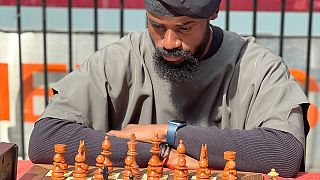
Go to video
Togo bans protests against arrest of opposition activists, constitutional reform
01:51
Togo: Consultation between MPs and traditional leaders begin over constitutional review
01:11
Senegal names new government in first test for Faye's promised radical reforms
02:35
Women rights activists react to DRC first female PM
Go to video
DR Congo names first female prime minister amid escalating violence
01:06
Togo adopts new Constitution moving nation from presidential to parliamentary system